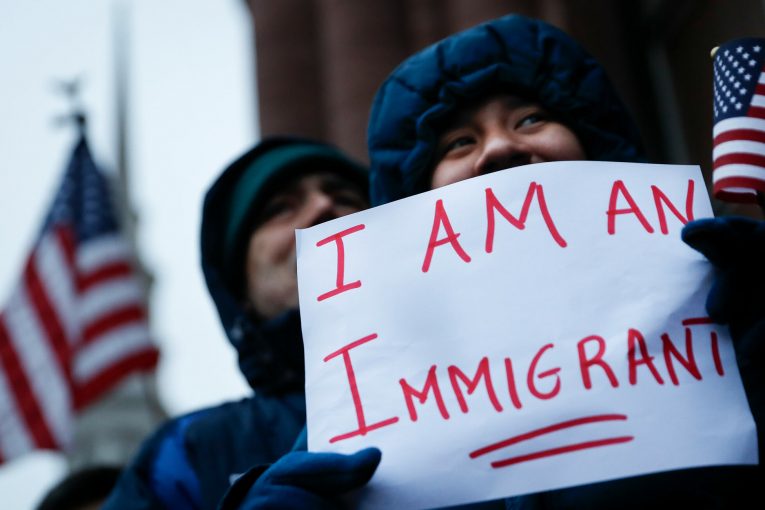

By Helen Shamamyan and Rajesvi Deora
MIAMI, FL – The American Civil Liberties Union (ACLU) released a statement this week outlining the political climate surrounding an upcoming U.S. Court of Appeals hearing regarding the Florida law SB 264, a discriminatory law that bans many Chinese immigrants from purchasing land in several sections of the state.
According to the ACLU, a similar law applies to immigrants from several countries, including Cuba, North Korea, Russia, Iran, Venezuela and Syria.
None of these laws, however, are as “draconian” as SB 264, which singles out Chinese immigrants, and may even lead to a maximum of five years imprisonment for attempting to buy a home, and potentially thousands in fines, stated the ACLU of Florida.
“By putting huge parts of the state off-limits to people who simply want to buy a home, this law expands discrimination against people of Asian descent,” says Patrick Toomey, deputy director of ACLU’s National Security Project.
The plaintiffs, four Chinese immigrants, who are currently barred from buying homes in the state, along with Multi Choice Realty, a real estate firm, are asking the court to block the law more broadly as the case moves forward in the district court.
According to the ACLU, an earlier ruling deemed the law “conflicting” with federal law, declared unanimously by the three presiding judges.
According to Bethany Li, legal director of the Asian American Legal Defense and Education Fund (AALDEF) the Florida law is a “relic” from a “long history” of similarly racist land laws in the U.S. that were “wrong then and are wrong now.
“This law targets Chinese people in clear violation of the Constitution, and its chilling effect reaches even further, hurting all Asian Americans who call this country home, ” said Li.
The AALDEF, ACLU of Florida, DeHeng Offices PC, and the law firm Quinn Emanuel are representing the plaintiffs in the Court of Appeals for the 11th Circuit.
“We believe Florida is trampling on our clients’ rights to be free from discrimination, as well as undermining the federal government’s authority to set foreign policy and national security priorities,” argued Derek Shaffer, partner at Quinn Emanuel.
According to the ACLU article, several states, including California and Florida, introduced “alien land laws” in the early twentieth century, prohibiting the ownership of land by Chinese and Japanese immigrants in the name of “national security.”
“Florida is one of the most diverse states in our country, and home to immigrants from across the globe,” says Daniel Tilley, legal director of the ACLU of Florida, adding, “Floridians have been faced with an onslaught of discriminatory laws and deserve a government that upholds the principles of equity and justice.”
More than one in two Asian Americans express feeling unsafe in the U.S. due to their ethnicity, according to another article published by the ACLU.
“Florida was one of the last states to repeal its alien land law in 2018, and since then, has passed a multitude of xenophobic laws, like SB 264, that once again make it harder for Chinese immigrants to build a life in the state,” says Clay Zhu, attorney and managing partner at DeHeng Law Offices PC. “We cannot let Florida turn back the clock.”
In an affiliated PBS NewsHour survey of Asian Americans, Norma Chen, the CEO of The Asian American Foundation, noted that “this year, we understand more why. And they tell us they feel like they don’t belong because of these attacks. There’s a direct correlation between the incidents, the frequency of these attacks and our community’s lack of feeling like we truly belong.”
Toomey asserts, “We look forward to explaining to the court of appeals why this unconstitutional law must be halted.”




